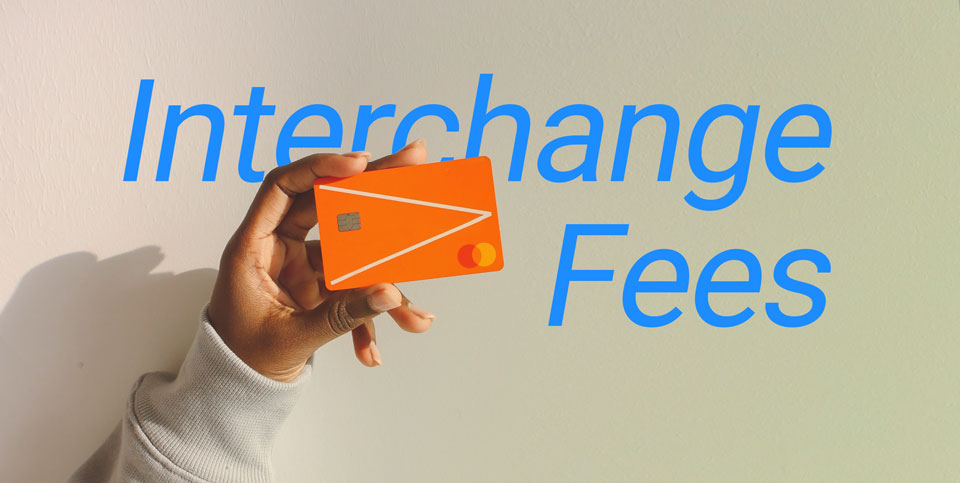Interchange fees, also known as swipe fees, are wholesale fees that apply to every credit card transaction you process. Card issuers use these fees to cover handling costs, anti-fraud measures, and the risk involved in processing transactions. Average interchange rates are around 1.8%, but vary depending on the type of transaction.
Are Interchange Fees Negotiable?
Interchange makes up most of the fees you pay whenever you accept a card as payment. Unfortunately, interchange fees are non-negotiable, because they go to the card provider, rather than to the bank or provider of the merchant account.
No payment processor or merchant services provider can give you a better deal on interchange fees, so never believe a salesperson that claims they have better interchange rates than other processing providers.
Instead, focus on the markup or discount rate when negotiating terms.
Variable Transaction Fees
The primary factors that determine what you pay include the processing method of the card, whether the card is present, your merchant category code, the card type and brand, and whether the card owner is an individual or a corporation.
Interchange qualifications are the determinants of interchange fees. Every card provider (Visa, MasterCard, Amex, etc.) categorizes the qualification level of a transaction differently, and the qualification level ultimately determines how much you, the merchant, will pay for that transaction.
More qualified and secure transactions have lower fees. For example, a swiped card is more qualified than a keyed-in transaction or a transaction where the card is not present. You might pay 1.95% for a swiped Visa, but 2.3% for a keyed in transaction.
Interchange Rates
Card networks regularly publish their interchange fees. Check the links below to view their current rates.
- Visa Rates, Fees, and Rules
- Mastercard Interchange Rates
- Discover Card Interchange Rates
- American Express Rates & Merchant Fees
Example of Mastercard Interchange Fees
| Program Name | Core | Enhanced Value | World |
|---|---|---|---|
| Small Ticket, Card Present | 1.65% + 2¢ | 1.80% + 2¢ | 1.90% + 2¢ |
| Small Ticket, Card Not Present | 1.95% + 2¢ | 2.10% + 2¢ | 2.20% + 2¢ |
| Standard Credit | 3.15% + 10¢ | 3.15% + 10¢ | 3.15% + 10¢ |
In the case above, the standard rate applies when the transaction doesn’t meet basic qualifications. Remember, more risk to the card issue results in higher fees.
Final Thoughts on Interchange Fees
Interchange fees are an unavoidable cost of credit card processing and are determined by the qualification of the transaction. These fees are non-negotiable and go to the card’s issuing bank rather than the merchant.
The card type, processing method, and your merchant category code are the primary factors that determine interchange fees for each transaction. Review published fees for each card issuer, which can help you anticipate the costs associated with their transactions.
